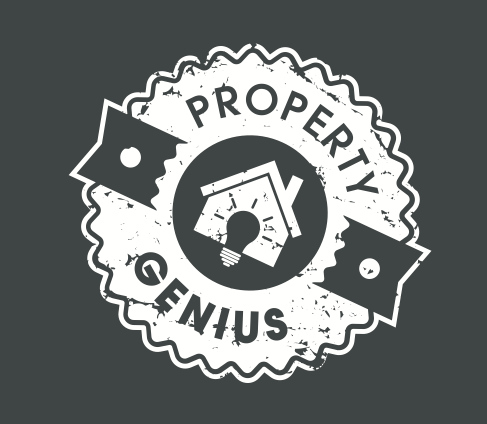How cleanliness affects your deposit
The state of cleanliness in a rental property at the end of a tenancy can have a significant impact on the return of your security deposit. While normal wear and tear are generally accounted for, any extra cleaning that the landlord or property management company has to undertake can be deducted from your deposit. Here's how cleanliness factors into this equation:
Initial Inventory: At the start of your tenancy, an inventory is usually conducted to document the condition of the property. This serves as a baseline for comparison at the end of your lease.
Ongoing Maintenance: Keeping the property clean throughout your tenancy not only makes for a more pleasant living environment but also makes the final clean less daunting.
Final Inspection: During the final inspection, the property will be compared to its initial state as documented in the inventory. Any discrepancies, especially those related to cleanliness, can result in deductions from your deposit.
Specialised Cleaning: Some areas may require specialised cleaning, like professional carpet cleaning or deep kitchen cleaning. Failure to attend to these can result in charges.
Time and Labor: If the property management has to hire cleaning services to bring the property back to its original state, the cost will likely be deducted from your deposit.
Documentation: Always document your cleaning efforts. This can be useful if there are disputes regarding the return of your deposit.
In summary, maintaining the cleanliness of your rental property is not just a responsibility; it's also a financial consideration. A clean property is more likely to result in the full return of your security deposit, saving you money and potential disputes in the long run.
